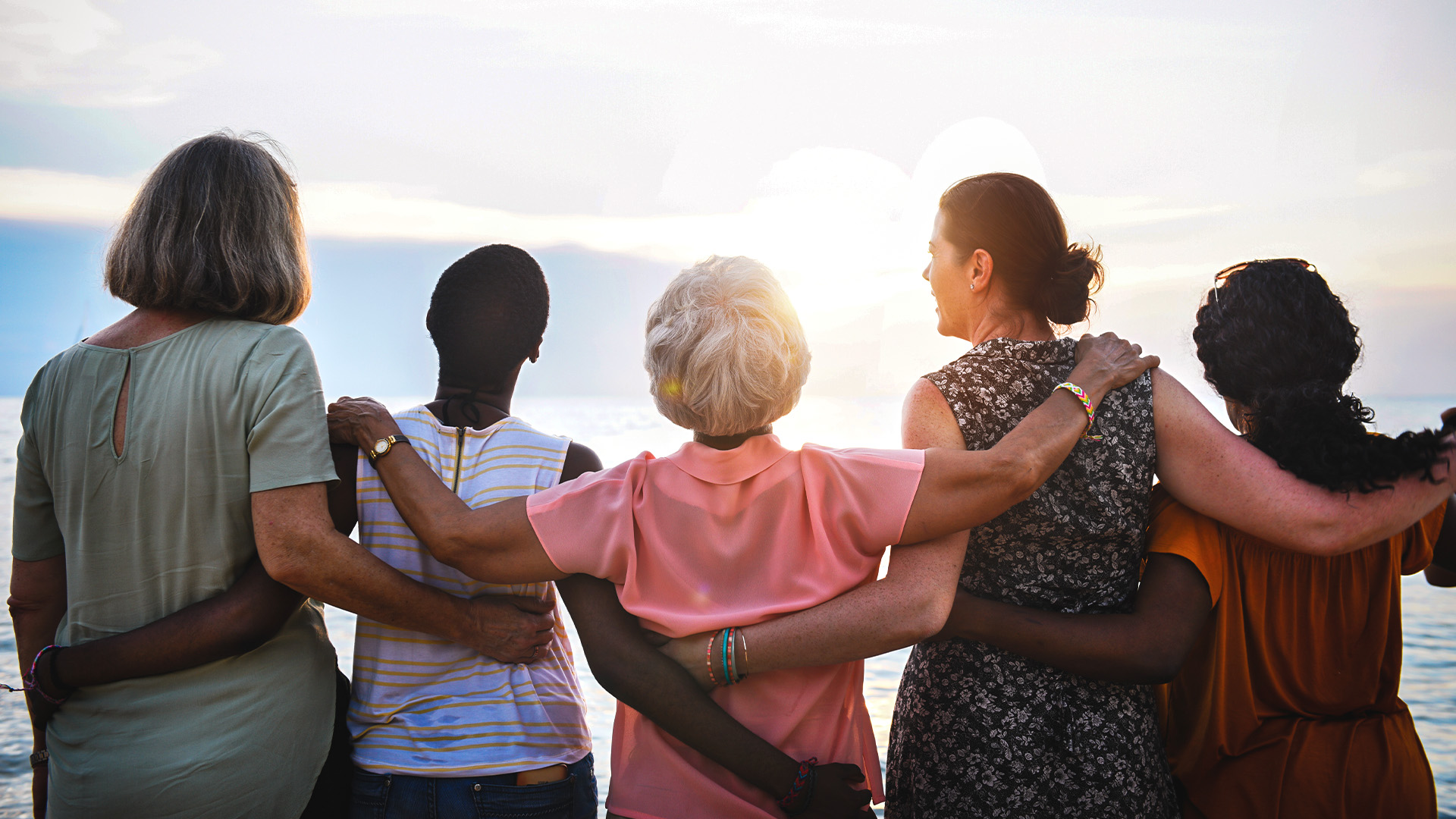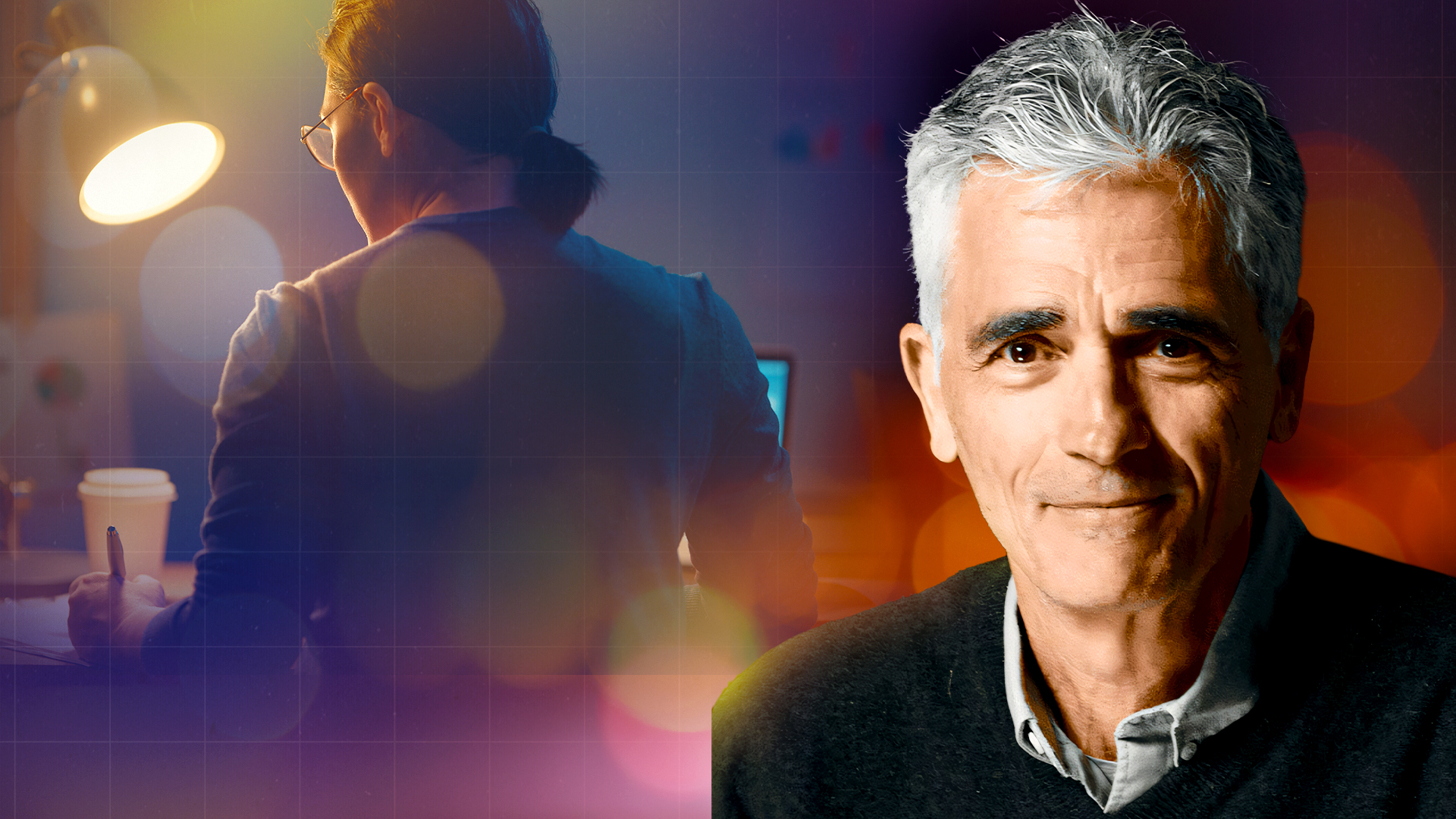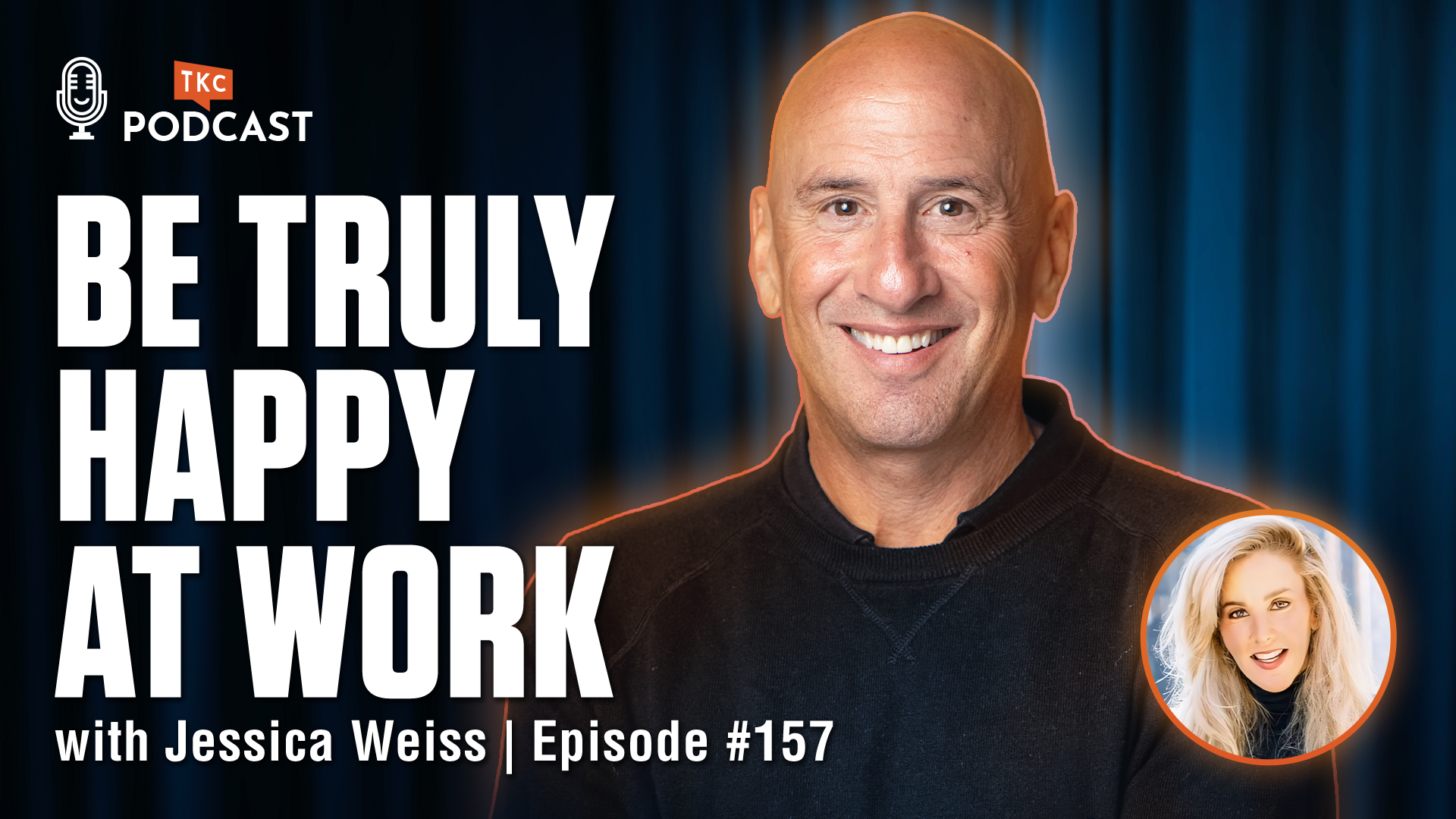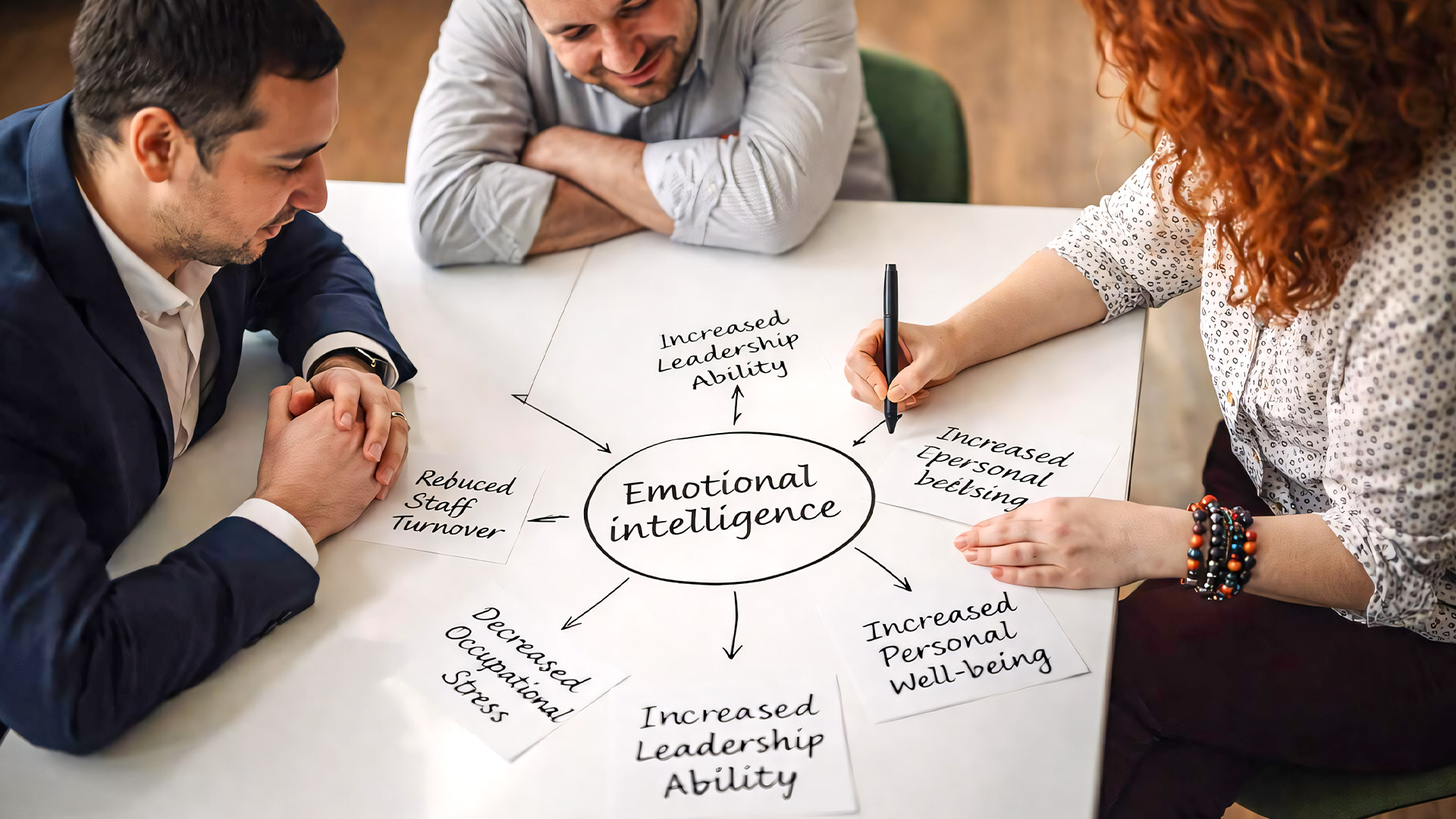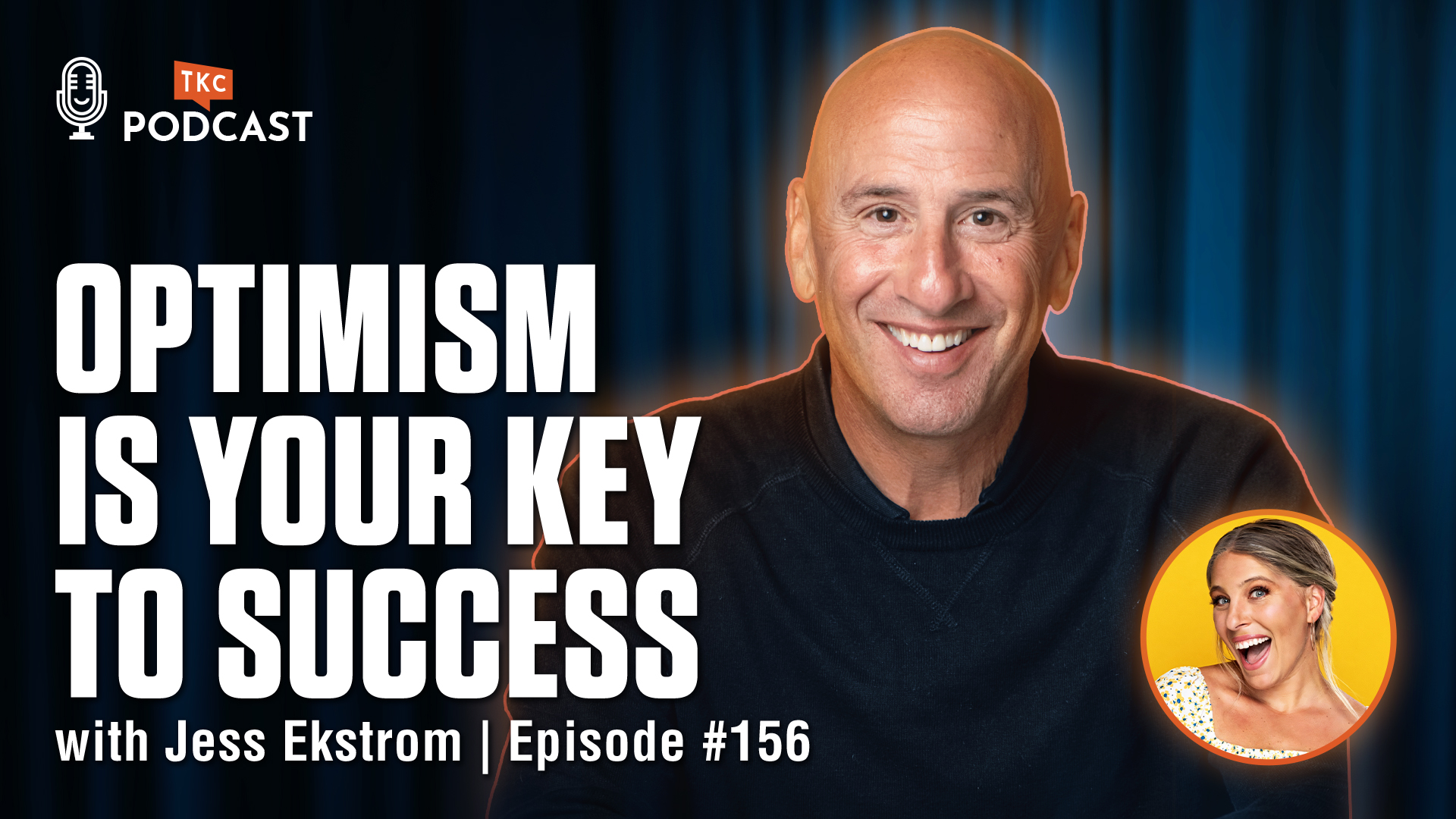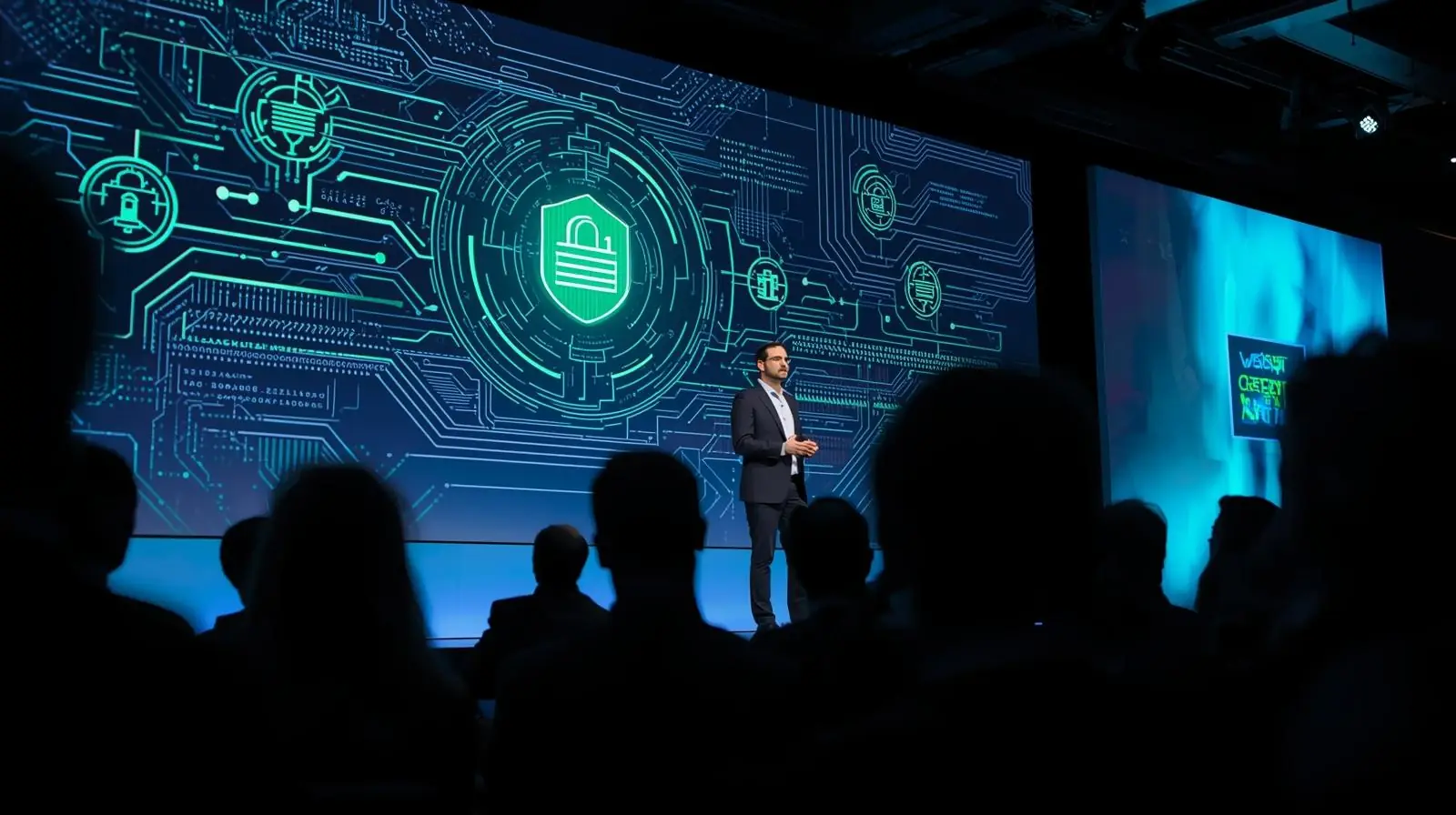
August 5, 2025How Event Professionals Can Recover from Burnout Without Sacrificing Success
Learn how event pros can build mental resilience and prevent workplace exhaustion with these proven burnout recovery strategies.
Have you ever felt like you’re running on empty, yet somehow still expected to deliver flawless events that exceed every expectation? If you’re nodding your head right now, you’re not alone. Burnout has become the silent epidemic plaguing our industry, affecting meeting professionals, event planners, and business leaders who dedicate their lives to creating memorable experiences for others.
I know burnout intimately because I’ve lived it. I’ve hit emotional rock bottom more than once—feeling the crushing weight of my father’s death at a young age, teetering on the edge of bankruptcy after 9/11, and building The Keynote Curators from absolute scratch. During those dark periods, stress wasn’t just “part of the job”—it was the job. But here’s what I discovered: rock bottom didn’t bury me. It became my launchpad. And mental resilience? That wasn’t some buzzword on a motivational poster. It was the only thing that kept me breathing, creating, and showing up every single day.
This post will explore the reality of burnout in our industry, provide actionable strategies for recovery, and introduce you to expert voices who can help transform your approach to workplace wellness. Whether you’re planning your next major event or supporting a team through challenging times, you’ll walk away with practical tools to build sustainable success without sacrificing your mental health.
The Harsh Reality: What Burnout Actually Feels Like in Event Management
Let me paint you a picture that might feel uncomfortably familiar. It’s August, the heat is oppressive, and the world feels heavier than usual. You’re tired—not just sleepy-tired, but soul-tired. The kind of exhaustion that sleep can’t fix and vacation days can’t cure.
Workplace burnout in the events industry isn’t just about having a tough day or dealing with a difficult client. It’s cumulative, creeping in like fog until you can’t see your way out. It’s waking up more exhausted than when you went to bed. It’s canceling personal plans because your emotional battery hit one percent after a single Zoom call. It’s snapping at your inbox like it personally wronged you, then feeling guilty about your reaction.
As Apolo Ohno, Olympic champion and mental resilience keynote speaker, shared during our recent podcast conversation: “Mental resilience isn’t built during calm waters—it’s tested in the storm.” His words hit differently when you’re in the middle of that storm, doesn’t it?
The event planning profession demands we take care of everyone else—our clients, attendees, vendors, team members, and stakeholders. We’re the orchestrators of experiences, the problem-solvers, the ones who make magic happen behind the scenes. But who’s taking care of us? When do we get to be the priority in our own professional lives?
The answer isn’t as simple as “work-life balance”—a phrase that feels almost insulting when you’re managing events across multiple time zones or dealing with last-minute venue changes at midnight. Instead, we need to reframe our understanding of what strength actually looks like in our industry.
Breaking the Myth: Why “Pushing Through” Is Actually Weakness
We’ve been conditioned to believe that being strong means doing more, handling more, being available more. The event industry has glorified the hustle culture, celebrating those who work eighteen-hour days and manage multiple events simultaneously. But here’s the truth that might surprise you: sometimes, genuine strength looks like doing less and recovering well.
Burnout recovery isn’t about becoming less productive or lowering your professional standards. It’s about recognizing your capacity, honoring your limits, and rebuilding your energy like your life depends on it—because frankly, it does. When we consistently operate beyond our sustainable capacity, we’re not just risking our careers; we’re jeopardizing our relationships, our health, and our fundamental well-being.
I learned this lesson the hard way during my own darkest professional moments. After 9/11, when the events industry ground to a halt and my business faced potential bankruptcy, I thought the solution was to work harder, sleep less, and push through the fear. What I discovered instead was that recovery and strategic rest weren’t signs of weakness—they were essential components of sustainable success.
Eliz Greene, a heart attack survivor and stress management researcher, brings a unique perspective to this conversation. Having literally faced the life-threatening consequences of chronic stress, she’s dedicated her career to helping professionals uncover their perfect stress style and manage it before it manages them. Her approach isn’t about eliminating stress entirely—that’s impossible in our industry—but about developing a healthy relationship with pressure and challenge.
Mental Resilience: From Buzzword to Daily Practice
Mental resilience has become something of a corporate buzzword, thrown around in leadership seminars and wellness workshops. But for those of us who’ve faced genuine professional crises, resilience isn’t theoretical—it’s survival. It’s the difference between bouncing back from setbacks and being permanently derailed by them.
Building authentic resilience in the events industry requires understanding that it’s not about bulldozing through stress or maintaining a perpetually positive attitude. Real resilience is about developing systems, habits, and mindsets that support your well-being without sacrificing your professional effectiveness.
Janice Cardinale, founder of Event Minds Matter, has made it her mission to address mental health specifically within our industry. Her work acknowledges something crucial: event planning isn’t just a job where stress happens to occur—it’s a profession where stress is literally baked into the job description. From tight deadlines and budget constraints to managing diverse stakeholder expectations and handling real-time crisis management, our daily reality includes elements that would challenge anyone’s mental health.
Janice’s approach to burnout recovery focuses on industry-specific strategies that acknowledge our unique challenges while providing practical tools for managing them. She doesn’t suggest we change careers or pretend the stress doesn’t exist. Instead, she helps event professionals develop resilience that’s specifically calibrated for our work environment.
The Science of Recovery: Understanding Your Energy Systems
One of the most transformative perspectives on burnout comes from understanding that recovery isn’t just about rest—it’s about different types of restoration. Dr. Saundra Dalton-Smith’s groundbreaking work on the seven types of rest has revolutionized how professionals think about recovery.
According to Dr. Dalton-Smith’s research, we need physical rest, mental rest, sensory rest, creative rest, emotional rest, social rest, and spiritual rest. For event professionals, this framework is particularly relevant because our work depletes us across multiple dimensions simultaneously. A single event might drain us physically (long hours on our feet), mentally (complex logistics and problem-solving), sensory (overwhelming environments), creative (designing experiences), emotional (managing relationships and expectations), social (constant interaction), and spiritual (questioning our purpose and fulfillment).
Understanding this multi-dimensional approach to rest helps explain why a weekend off might not be enough to address serious burnout. If you’re only addressing physical exhaustion but ignoring mental overstimulation or emotional depletion, you’ll return to work still running on empty.
Huong Nguyen, an event industry veteran turned wellness advocate, embodies this comprehensive approach to recovery. Having spent years in the high-pressure world of event management, she understands the specific challenges we face and helps professionals slow down, stay passionate, and build longevity in a field that often glorifies speed over sustainability.
Redefining High Performance: Excellence Without Exhaustion
The most powerful shift in addressing burnout comes from redefining what high performance actually means. Traditional models of professional success in our industry have equated excellence with personal sacrifice. The best event planners were those who could handle the most stress, work the longest hours, and maintain composure under any circumstances.
But this model is fundamentally flawed and ultimately unsustainable. True high performance—the kind that creates lasting success rather than temporary achievements—requires a foundation of well-being, not despite it.
Suneel Gupta, bestselling author of “Back to Human” and “Everyday Dharma,” has spent his career helping teams recover their energy, rediscover meaning, and perform at their peak without burning out. His approach combines deep philosophical insight with practical application, showing how teams can achieve extraordinary results while maintaining their humanity.
Suneel’s work challenges the false dichotomy between success and well-being. Instead of viewing these as competing priorities, he demonstrates how they’re actually complementary. Teams that prioritize mental health, sustainable work practices, and authentic connection consistently outperform those that rely on unsustainable intensity and individual heroics.
Erin Stafford brings this philosophy to life through her own remarkable journey. As a burnout survivor and former marketing executive for the Four Seasons, she understands the luxury hospitality standard of excellence while also knowing the personal cost of pursuing perfection without boundaries.
Erin’s approach blends science-backed strategies with honest, practical advice. She’s living proof that you can maintain high professional standards without crashing your personal well-being. Her methods focus on sustainable high performance—the kind that allows you to excel consistently over years and decades, not just during intense sprint periods.
Creating Workplace Happiness That Actually Works
One of the most common misconceptions about addressing burnout is that it requires dramatic life changes or complete career overhauls. While some situations may call for significant shifts, most professionals can dramatically improve their workplace experience through targeted, strategic adjustments to their daily routines and mindset.
Jessica Weiss, a workplace happiness expert and self-declared joy hacker, specializes in helping teams reconnect with purpose and beat burnout without requiring total life transformations. Her research-based approach acknowledges that most of us can’t simply quit our jobs or completely restructure our responsibilities. Instead, she focuses on practical tools that work within existing professional contexts.
Jessica’s methods are particularly valuable for event professionals because they’re designed for people who work in dynamic, high-pressure environments. She doesn’t offer generic wellness advice that ignores the realities of deadline-driven work. Instead, she provides specific strategies for finding fulfillment and maintaining energy while still meeting the demands of our profession.
Her concept of “joy hacking” involves identifying small, strategic changes that create disproportionately positive impacts on workplace satisfaction. For event planners, this might mean restructuring team check-ins to include celebration and recognition, building micro-recovery periods into event timelines, or creating systems that preserve creative energy during logistical phases of project management.
The Mental Health Conversation: From Stigma to Strategy
Johnny Crowder, founder of Cope Notes and mental health survivor, brings a refreshingly honest perspective to the conversation about workplace mental health. His approach combines humor, raw authenticity, and daily text-based encouragement that transforms “just surviving” into genuine thriving.
Johnny’s work is particularly relevant for our industry because he understands that mental health isn’t a destination—it’s an ongoing practice. Event professionals often feel like they need to have everything figured out before they can address their well-being. Johnny’s approach acknowledges that you can work on your mental health while still managing the chaos of event planning.
His daily text service, Cope Notes, provides micro-interventions throughout the day—brief, encouraging messages that help interrupt negative thought patterns and provide gentle reminders about self-care and perspective. For event professionals who struggle to maintain wellness practices during busy periods, these small, consistent touchpoints can make a significant difference.
The power of Johnny’s approach lies in its accessibility and authenticity. He doesn’t pretend that positive thinking alone can solve complex problems or that mental health work is always comfortable. Instead, he provides practical tools for navigating difficult emotions and situations while maintaining hope and forward momentum.
Industry-Specific Solutions: Understanding Our Unique Challenges
The events industry presents unique mental health challenges that generic workplace wellness programs often fail to address. Our work is inherently episodic, with intense preparation periods followed by high-stakes execution and then rapid transitions to new projects. We work with diverse stakeholders who may have conflicting priorities and expectations. We’re responsible for experiences that matter deeply to people—celebrations, learning opportunities, business outcomes—which adds emotional weight to every decision.
Understanding these industry-specific factors is crucial for developing effective burnout recovery strategies. Michelle Anne Johnson and Jack Hannibal have both explored themes of self-worth, vulnerability, and authentic reset strategies through their work with The Keynote Curators. Their insights acknowledge the unique pressures we face while providing practical wisdom for maintaining perspective and emotional balance.
These conversations matter because they validate the specific challenges of our profession while offering hope and practical solutions. Too often, event professionals feel like their stress is somehow less legitimate than other industries because we work on “fun” projects like celebrations and conferences. This perspective ignores the very real pressures and responsibilities that come with creating meaningful experiences for others.
Timing Matters: Yellow September and Mental Health Awareness
September marks Yellow September in Brazil, a month dedicated to mental health awareness, and October 10th is World Mental Health Day. These aren’t just dates on the calendar—they represent opportunities to start bigger, more meaningful conversations at events, within companies, and throughout our industry culture.
As event professionals, we have a unique platform and responsibility to shape these conversations. The events we create become forums for addressing important topics, and mental health awareness is increasingly becoming a priority for organizations across all sectors.
Incorporating mental health themes into your events doesn’t require completely restructuring your programming. It might involve selecting keynote speakers who can address resilience and well-being alongside business topics, creating networking sessions that prioritize meaningful connection over transactional relationship-building, or designing event experiences that model healthy boundaries and sustainable practices.
This approach serves dual purposes: it provides value to your attendees while also creating a more sustainable work environment for your planning team. Events that prioritize well-being tend to be more fulfilling to create and more impactful for participants.
Building Your Personal Recovery Strategy
Developing a personal approach to burnout recovery requires honest self-assessment and strategic planning. It’s not enough to recognize that you’re experiencing burnout—you need specific, actionable strategies that fit your unique situation and professional demands.
Start by conducting an honest audit of your current energy levels across the different dimensions we discussed earlier. Are you physically exhausted, mentally overstimulated, emotionally drained, or creatively blocked? Understanding your specific depletion patterns helps you target your recovery efforts more effectively.
Next, identify the aspects of your work that energize you versus those that drain you. This isn’t about eliminating all challenging tasks—that’s impossible in our profession—but about strategically balancing energy-giving and energy-depleting activities throughout your schedule.
Consider implementing what I call “micro-recovery” practices—small, consistent actions that support your well-being without requiring major schedule changes. This might include five-minute breathing exercises between meetings, walking conversations instead of conference room discussions, or establishing technology boundaries during specific hours.
The key is sustainability. Grand gestures and dramatic changes are often unsustainable in our fast-paced industry. Small, consistent practices that compound over time tend to be more effective than sporadic intensive efforts.
The Path Forward: From Survival to Thriving
Recovery from burnout isn’t just about returning to your previous functional level—it’s about creating a more sustainable, fulfilling approach to your professional life. This requires shifting from a survival mindset to a thriving mindset, which fundamentally changes how you approach challenges, opportunities, and daily decisions.
Thriving in the events industry means maintaining your high standards and professional excellence while also honoring your human limitations and needs. It means building systems and relationships that support your long-term success rather than just short-term achievement. It means recognizing that your well-being isn’t selfish—it’s essential for sustained professional effectiveness.
This transformation doesn’t happen overnight, and it doesn’t happen in isolation. Surrounding yourself with colleagues, mentors, and resources that support your growth and well-being is crucial for maintaining positive changes over time.
Consider the speakers and experts we’ve discussed throughout this post as potential allies in your recovery journey. Their insights, whether delivered through keynote presentations, workshops, or one-on-one coaching, can provide the external perspective and specialized knowledge that accelerates your progress.
Your Next Steps: Taking Action Without Adding Pressure
If you’ve read this far, you’re probably feeling a mixture of recognition, hope, and perhaps some overwhelm about where to begin. That’s completely normal and understandable. The last thing I want to do is add another item to your already overwhelming to-do list.
So let’s keep this simple. Maybe you don’t need to do anything dramatic right now. Maybe you bookmark this article for later reference. Maybe you go for a walk without your phone. Maybe you drink some water and call it a win for today.
Or maybe you’re ready to take a more active step. Maybe you’re interested in exploring how the right speaker could help shift the conversation at your next event from hustle to healing, from burnout to breakthrough.
If that resonates with you, I’d love to have a conversation about how we can support your goals without adding stress to your already full plate. We specialize in matching event professionals with speakers who understand our unique challenges and can provide practical, actionable insights that make a real difference.
Ready to explore your options? Here’s how to connect with us:
Schedule a 15-minute call to discuss your upcoming events and how the right speaker can address mental health and resilience themes that resonate with your audience.
Send us an email if you prefer written communication. We’ll respond promptly with information about speakers who specialize in burnout recovery, mental resilience, and sustainable high performance.
Explore our speaker roster to discover experts who can help your organization build a culture of well-being without sacrificing excellence.
Remember, resilience isn’t just for Olympic athletes—it’s for you, your team, and every professional who wants to build a sustainable, fulfilling career in the events industry. Let’s make sure your next event reminds people to come back to life, starting with yourself.
The conversation about mental health in our industry is long overdue, but it’s happening now. You have the power to be part of this positive change, both in your own professional journey and through the experiences you create for others. Your well-being matters, your work matters, and your voice in this conversation matters more than you might realize.
If you found this interesting, join us by subscribing to our newsletter for more relaxed updates.
Tags: Mental Health
Discover More Insights
Get in TouchContact US
Fill out the form so we can best understand your needs.
A representative from The Keynote Curators will reach out to you.

